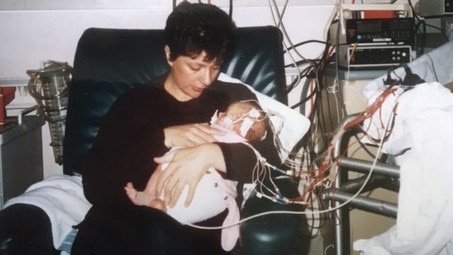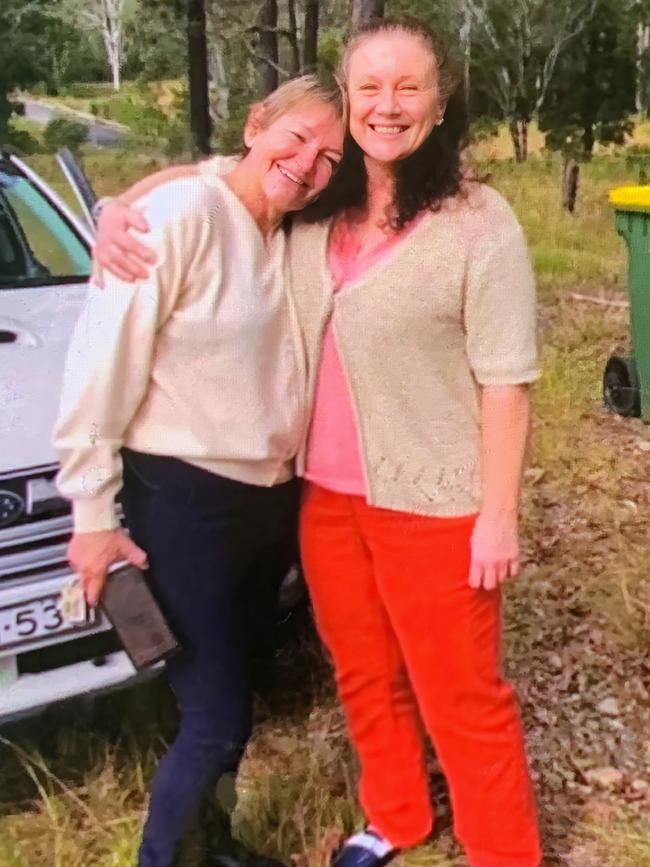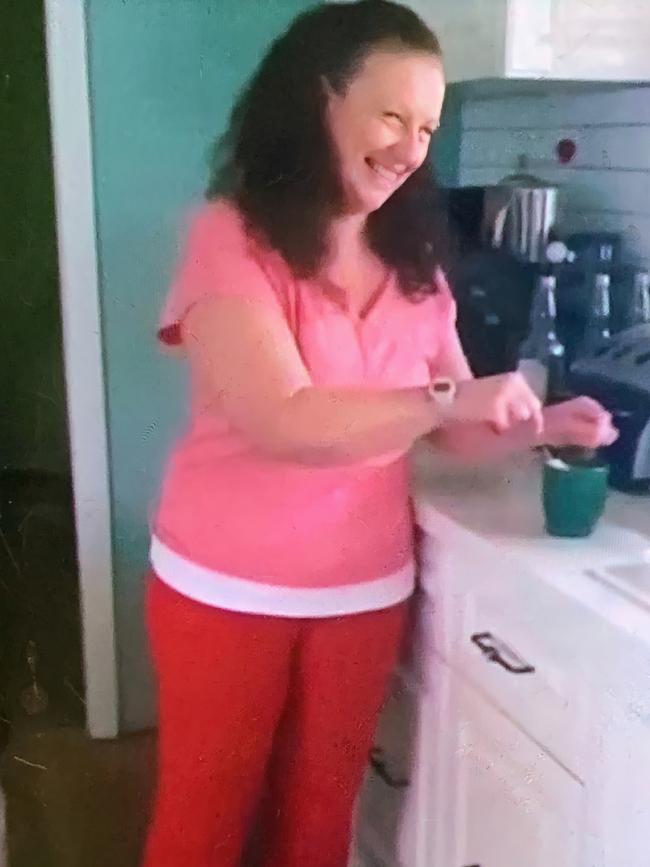‘[That evidence] had no rational relationship with a charge of murder’ | Samantha Maiden
As Kathleen Folbigg spent 20 years in prison, convicted of killing her four children, one person stood by her until she finally received her pardon, writes Samantha Maiden.
National
Don't miss out on the headlines from National. Followed categories will be added to My News.
Convicted baby killer’ Kathleen Folbigg was released from jail this week.
Twenty years ago, she was imprisoned for the deaths of her four children.
She was ultimately convicted of killing her three children Patrick, Sarah and Laura and the manslaughter of her firstborn, Caleb, between 1989 and 1999.
But new scientific evidence raised doubts over the guilty verdict. She and her two daughters were found to carry a rare genetic variant.
The CALM2-G114R variant was a “reasonably possible cause” of Sarah and Laura’s deaths, according to experts.
Kathleen and her husband Craig had met as teenagers. It was her husband who contacted the police after discovering her personal diary, in which she had written entries that he believed implied guilt.
Ultimately, a jury agreed.
Their first child Caleb had died in 1989 from Sudden Infant Death Syndrome (SIDS) at 19 days of age.
Patrick suffered an unexpected “acute life-threatening event” but was revived. Kathleen then found Patrick dead four months later in 1991.
Sarah died at 10 months of age in 1993.
Laura died aged 19 months in 1999.

Four years ago, Folbigg gave evidence at an inquiry into her legal case. She was repeatedly challenged to admit she smothered her children.
“You put something over her face so she couldn’t breathe?” she was asked.
“Oh, God. No,’’ she replied.
But her husband Craig remains convinced of her guilt.
His lawyer Danny Eid said his client was not convinced of her innocence despite her pardon.
“Craig has no doubt that his children were murdered,” he said.
His lawyer says that for him “the numbness continues”.
NSW Attorney-General Michael Daley acknowledged Craig Folbigg when he announced the decision.
“I am thinking of him today as well,” he said.
“It will be a tough day for him.”
For decades, the woman who led the public campaign for her freedom was her childhood friend Tracy Chapman.
There she was on the day she was granted a pardon, embracing her. “Oh my God,’’ Folbigg said as the two women hugged, Chapman even hugging the prison guard that had delivered her in a white van.
“I’m still like, is this happening? I’m like, Oh my God.”
Her only possession appeared to be a pair of running shoes.
Chapman was not the only woman to fight for years for her freedom.
“I’m in shock,” said supporter Megan Donegan. “I stood and sobbed as I watched the television.”


Folbigg had no family in the normal sense of the word. Her own father was a murderer, who slashed the throat of one woman before killing another, Kathleen’s own mother.
Her mother had walked out, leaving her in the care of her violent father, before he tracked her down and stabbed her 24 times.
During her own trial, the Crown relied heavily on her diary. Although, there was one reference the jury didn’t hear, her description of herself as “her father’s daughter” or the fact he killed her mother.
“Children thing still isn’t happening. Thinking of forgetting the idea,’’ she wrote.
“Nature, fate and the man upstairs have decided I don’t get a 4th chance. And rightly so I suppose. I would like to make all my mistakes and terrible thinking be corrected and mean something though. Plus I’m ready to continue my family time now. Obviously I’m my father’s daughter. But I think losing my temper and being frustrated with everything has passed. I now just let things happen and go with the flow. An attitude I should have had with all my children. If given the chance I’ll have it with the next one.”
After her conviction, the passage was reported widely and interpreted as an admission of guilt.
It was years later that she sought to explain those words.
“I believed and thought, at the time, that my father’s actions ruined my life and my life never seemed to go right from there. And it was a thought of, along the lines of, sins of the father being on the daughter. Was I paying the price?” she said.
Folbigg was convicted in 2003.
Lawyer and academic Emma Cunliffe picked up the case.
She was shocked by what she read in the diaries and concerned that they did not prove she was guilty – only that she blamed herself for not being a better mother.
“That’s very different from admitting she killed the children,’’ she said.
“This was always a miscarriage of justice.
“At Folbigg’s trial, the prosecution interpreted her diaries and behaviour with no expert evidence about maternal grief and bereavement.
“The suggestion was made, for example, that her occasional decision to leave a child with family in order to do an exercise class, or work part-time, was evidence of her failure to cope with mothering.
“These submissions were based on misogynistic stereotypes about self-sacrificial mothering. They had no rational relationship with a charge of murder.”
Ms Folbigg said on Tuesday she was “humbled and extremely grateful for being pardoned and released from prison.”
“Today is a victory for science and especially truth … for the last 20 years I have been in prison, I have forever and will always think of my children, grieve for my children and miss them and love them terribly,’’ she said.
“My eternal gratitude goes to my friends and family, especially Tracy (Chapman) and all of her family, and I wouldn’t have survived this whole ordeal without them.”
It was a testament to the enduring power of female friendship.
Originally published as ‘[That evidence] had no rational relationship with a charge of murder’ | Samantha Maiden





